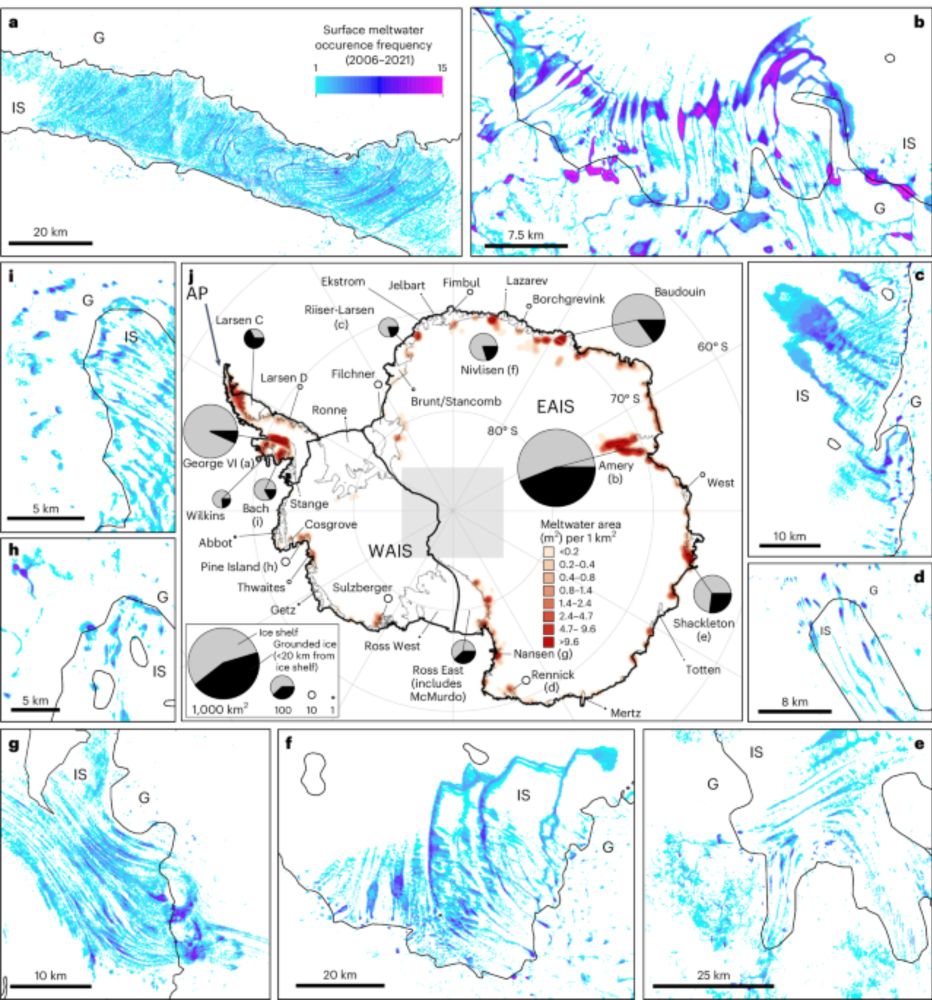




"All 98 editorials opposing climate action were in right-leaning titles, incl the Sun, Mail, Telegraph, Times & Express"
By Josh Gabbatiss & Sylvia Hayes
www.carbonbrief.org/...

"All 98 editorials opposing climate action were in right-leaning titles, incl the Sun, Mail, Telegraph, Times & Express"
By Josh Gabbatiss & Sylvia Hayes
www.carbonbrief.org/...
* Assuming free fossil-fuel energy, free petrol cars, free gas boilers, free gas power plants etc
AND
* Including climate damages in the "cost" of net zero
I kid you not, it is that stupid
1) Add up costs to install & run a net-zero energy system
2) Pretend fossil-fuelled alternatives wld be free
3) Do say "eco zealots are bankrupting us"
4) Don't say "free cars if we scrap net-zero" cos it sounds ridiculous
5) That's it!
1/10

* Assuming free fossil-fuel energy, free petrol cars, free gas boilers, free gas power plants etc
AND
* Including climate damages in the "cost" of net zero
I kid you not, it is that stupid

📅Deadline: 7 Jan 2026
nzps-dtp.ac.uk/nzps-project...


📅Deadline: 7 Jan 2026
nzps-dtp.ac.uk/nzps-project...
They're definitely plotting something.
They're definitely plotting something.
On Monday, November 3rd, Microsoft will start using your LinkedIn data for AI training. And remember, you're opted in by default.
To toggle it off 👉 Account - Settings & Privacy > Data privacy > Data for Generative AI Improvement.

On Monday, November 3rd, Microsoft will start using your LinkedIn data for AI training. And remember, you're opted in by default.
To toggle it off 👉 Account - Settings & Privacy > Data privacy > Data for Generative AI Improvement.
BBC article: www.bbc.co.uk/news/article...

BBC article: www.bbc.co.uk/news/article...
Ask them to attend the first National Emergency Briefing on 27 Nov: www.nebriefing.org
Ask them to attend the first National Emergency Briefing on 27 Nov: www.nebriefing.org
Met Eireann would like to rescue millions of weather observations taken in Ireland over many decades that are still stuck on paper. #WeatherRescue
Anyone can help: www.zooniverse.org/projects/met...

Met Eireann would like to rescue millions of weather observations taken in Ireland over many decades that are still stuck on paper. #WeatherRescue
Anyone can help: www.zooniverse.org/projects/met...
Expect: ice, climate science, quirky notes and insights.
Expect: ice, climate science, quirky notes and insights.
Quick piece / thread with 4 key charts showing, yet again, why climate action is far less costly than inaction
🧵
www.carbonbrief.org/...
1/6
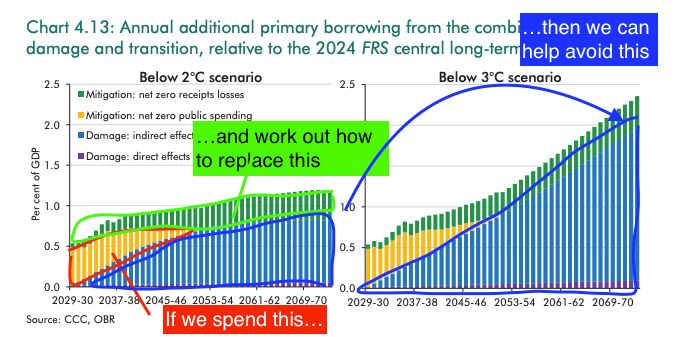
Image credit: @treacherousbuzz.bsky.social

Image credit: @treacherousbuzz.bsky.social

“We are rejecting this solar farm, because one time I saw an electric vehicle on fire, which reminded me that decades ago a coal mining disaster killed lots of children”.

“We are rejecting this solar farm, because one time I saw an electric vehicle on fire, which reminded me that decades ago a coal mining disaster killed lots of children”.
🌊 Sea curtains
🧊 Ice management
💦 Water removal
🦠 Ocean fertilisation
None of these geoengineering fixes will mitigate effects of global warming in polar regions - instead they'll likely have serious unintended consequences
theconversation.com/high-tech-pl...

🌊 Sea curtains
🧊 Ice management
💦 Water removal
🦠 Ocean fertilisation
None of these geoengineering fixes will mitigate effects of global warming in polar regions - instead they'll likely have serious unintended consequences
theconversation.com/high-tech-pl...

Reality: Yes, and there's more of it in a warmer atmosphere
-"CO2 is plant food!"
-pretty hard to eat when you're on fire
-"Climate has changed before!"
-We know, we told you that
-"Scientists don't know everything!"
- doesn't mean we know *nothing*
Reality: Yes, and there's more of it in a warmer atmosphere
-"CO2 is plant food!"
-pretty hard to eat when you're on fire
-"Climate has changed before!"
-We know, we told you that
-"Scientists don't know everything!"
- doesn't mean we know *nothing*
Explore fresh insights, a Quantarctica-friendly data package & all figures as downloadable slides: scar.org/scar-news/cr...
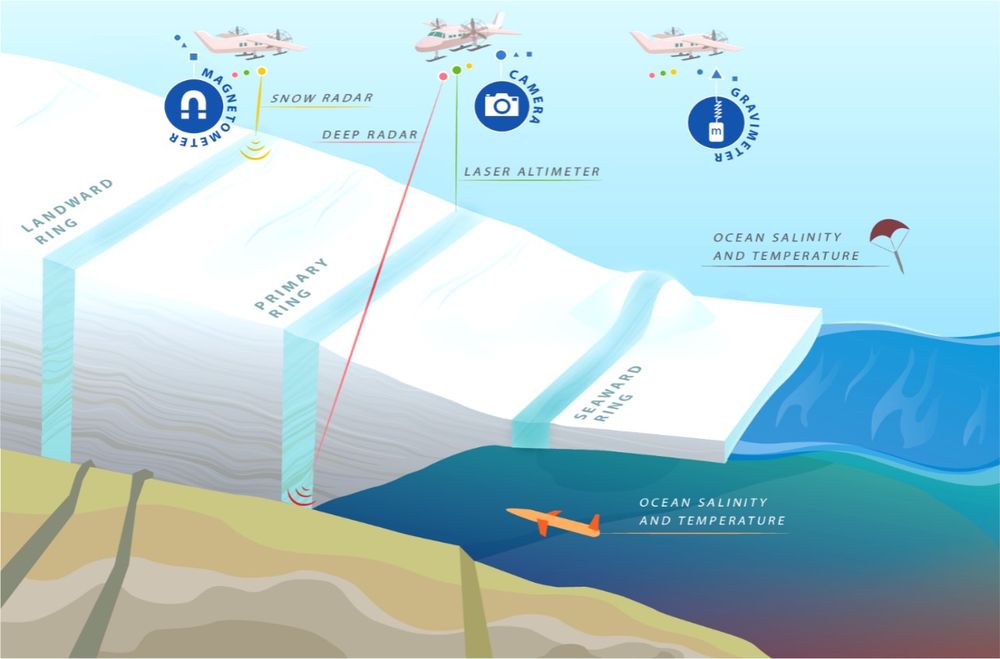
Explore fresh insights, a Quantarctica-friendly data package & all figures as downloadable slides: scar.org/scar-news/cr...
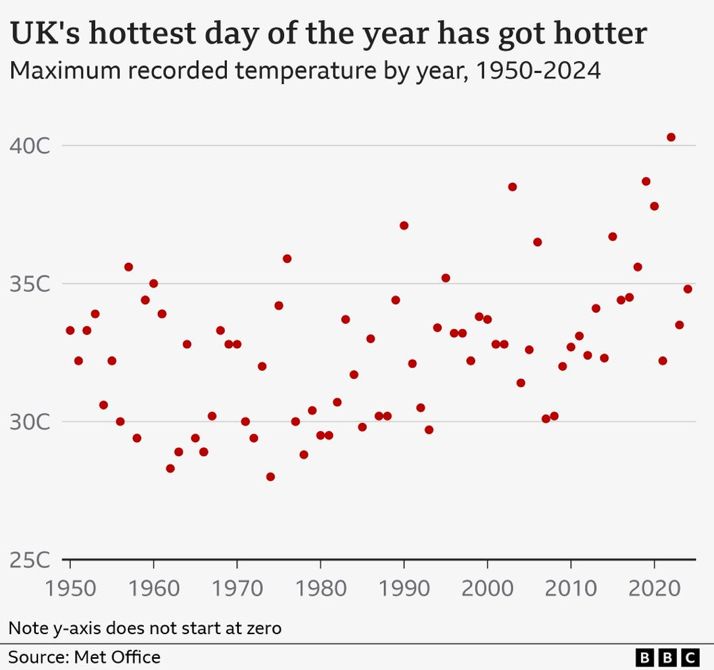
Quick piece / thread with 4 key charts showing, yet again, why climate action is far less costly than inaction
🧵
www.carbonbrief.org/...
1/6

Quick piece / thread with 4 key charts showing, yet again, why climate action is far less costly than inaction
🧵
www.carbonbrief.org/...
1/6
Open access article with data availability links in @natclimate.nature.com
doi.org/10.1038/s415... 🔓 📃
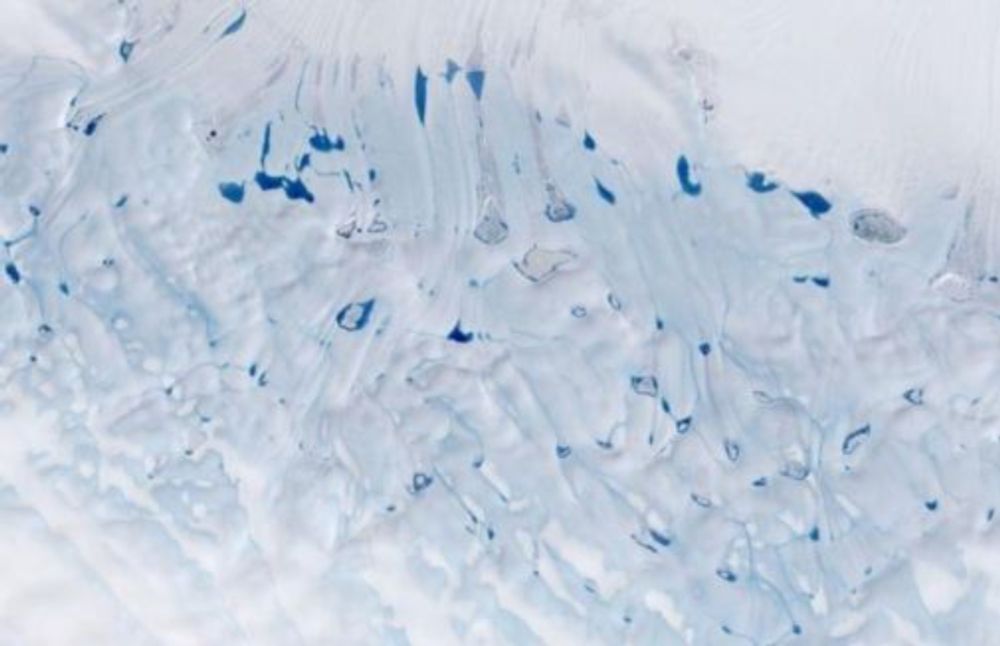
Open access article with data availability links in @natclimate.nature.com
doi.org/10.1038/s415... 🔓 📃
